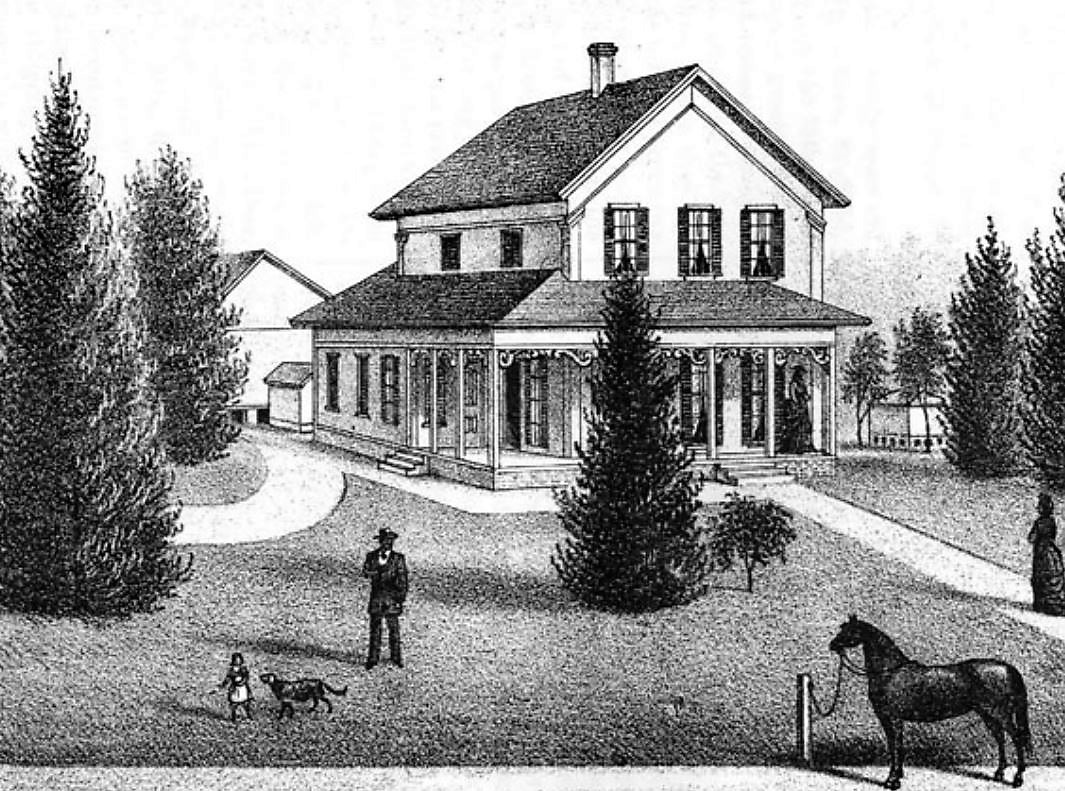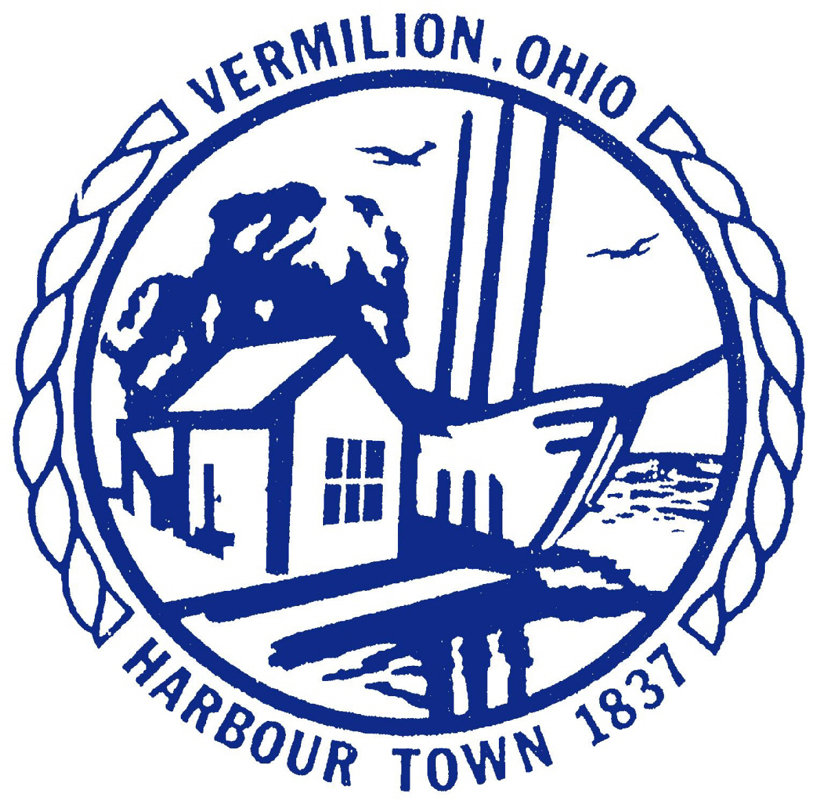 Difficulties & Compensations In Early Brownhelm Township
Difficulties & Compensations In Early Brownhelm Township
 Township & Village Unite
Township & Village UniteIn the late 1950s the residents of Brownhelm voted to change zoning to permit a Ford Motor plant to be built. Brownhelm lost the plant to the City of Lorain in a heated court case when Lorain annexed property out as far as Baumhart Road. Fearing that Lorain could also annex Brownhelm, the township petitioned the Village of Vermilion for annexation.
Vermilion had not yet become a city, but was rather a village. In Ohio, a certain amount of acreage and population is required to be a city. Cities cannot be forcefully annexed, but villages and townships can. If Vermilion were to become a city, it would end the threat of a “Lorain takeover”. Brownhelm Township was able to provide the necessary land area and population for Vermilion to become a city.
But many people in southern Brownhelm did not want to be annexed by Vermilion either. They feared a loss of their identity as a township. But without the northern section of the township, southern Brownhelm self-governance would be difficult.
And so a deal was made. Vermilion would annex the northern end of Brownhelm Township to acquire the necessary acreage and population for city status. But, the northern area would also continue to identify as Brownhelm Township. Brownhelm would receive some of the taxes from residents in the overlap area.
On December 21, 1959 the Village of Vermilion passed legislation to accept the petition and approximately 4,300 acres of Brownhelm Township became a part of Vermilion Village.
Today, residents in the overlap area are both residents of Brownhelm Township and the City of Vermilion, with the right to vote for Township Trustees. Both communities benefit from being able to solicit state funding. The process is done by district, with Vermilion in district 5 and Brownhelm Township in district 9. Brownhelm Township can accept funds in its region, while Vermilion can accept funds for its region.
 Difficulties & Compensations In Early Brownhelm Township
Difficulties & Compensations In Early Brownhelm Township